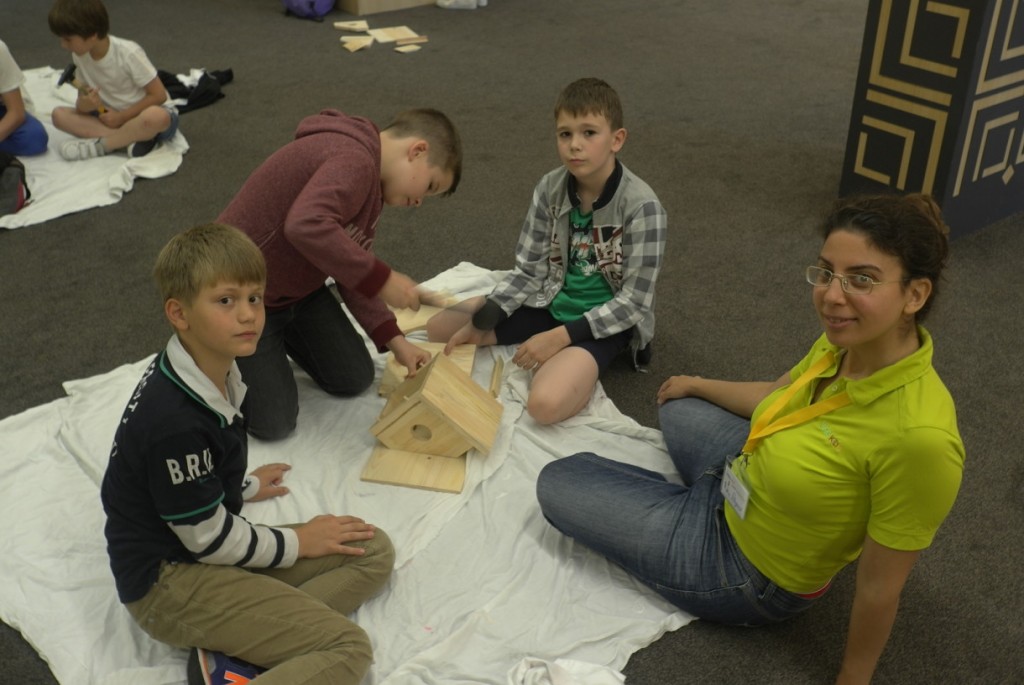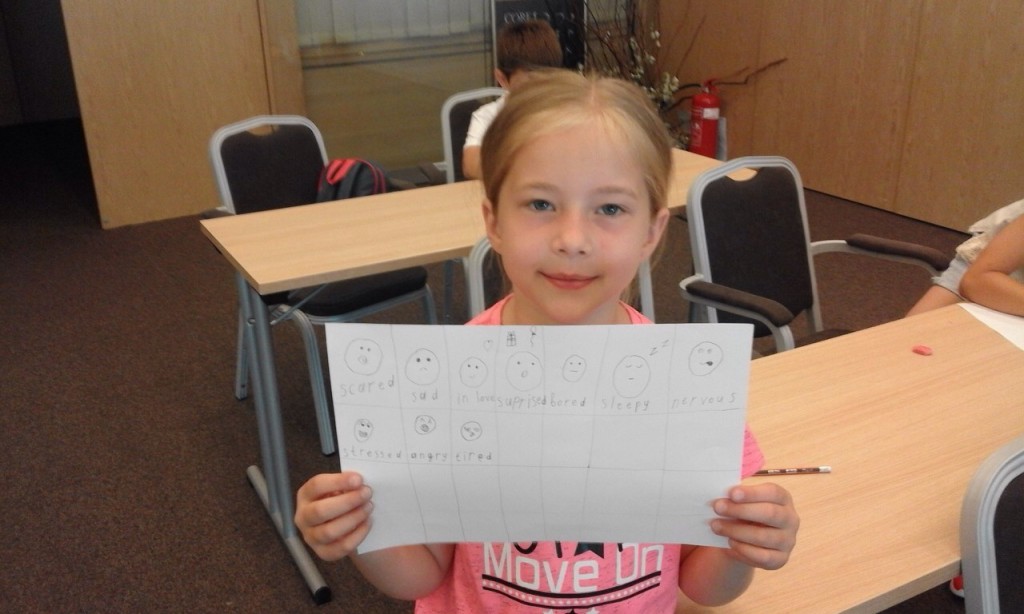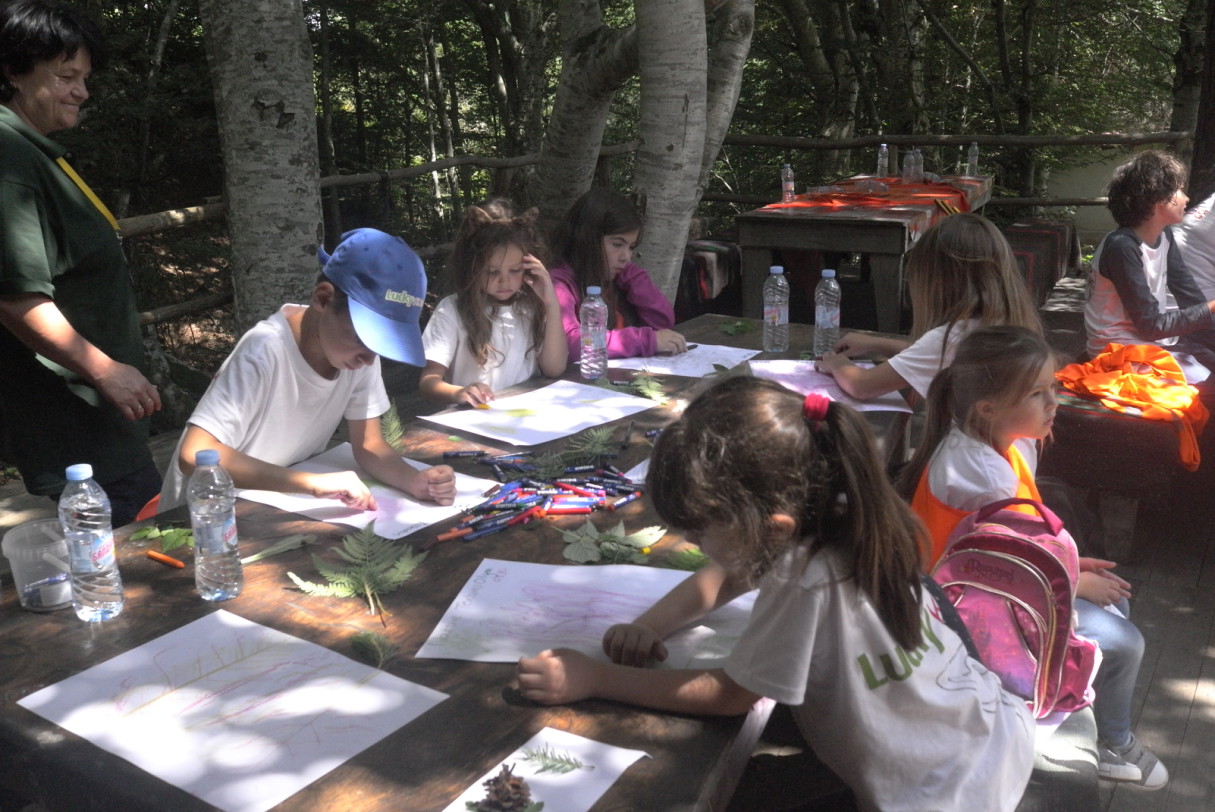There are several methods that can be applied to help children’s memory of vocabulary, but before I tell you about them, ‘Do you know how the memory works?’ ‘How do we remember better than others?’
Well our brains are like muscles, they need to be exercised, which will strengthen them. When the brain is stronger the memory is improved. So if you want to help your child to learn better, not just with languages, this can applied to all subjects, get them to exercise their brains! Puzzles are great for this; games like Chess or Monopoly are very good for this. Children learn better when it is more enjoyable. So make the games fun for them. I like to think of a brain like a computer, we keep our ‘cache’ clear and only store useful information on our laptops, phones etc. for a reason, if we fill the memory on them with junk then they become slower and more difficult to function.
When children learn in a class at school, the lessons can be dull; the teacher could be boring, the subject could be not very interesting for them, then it will be a difficult subject for the child to learn. But we are talking about English here, if your child’s English teacher or private tutor is like a teacher mentioned above then it’s time to change them. Some Bulgarian English teachers or should I say most DON’T USE ENOUGH ENGLISH IN THE CLASS ROOM! This also creates a problem for you child, as they don’t actually practice the listening and speaking part of the language enough. ‘Practice makes perfect’ as we Brits like to say.
So you know that your child needs to exercise their brain and practice English more, right? Well at LuckyKids they do both, they practice from the minute they are woken in the morning till last thing at night, every day, staff only speak in English, they hear new words all the time, they are given all instructions in English, only talk about things in English at the dining table, they use it whilst they are doing enjoyable activities like paint balling or horse riding. You can’t beat an English camp for English practice; it’s the best place to learn the language. Any good teacher will tell their students tips on memorizing new words, putting them into the files in their brain, like on a laptop.

What tips are best for children to remember new words? Well, every child is slightly different, they all have their own personality; so depending on your child, each method might not be as effective as the other one. Here are some tips from our industry for memorizing new words:
- Use the language
Use the language in a real situation, preferably in a natural environment. This means to use the language in a café, restaurant, classroom, whilst playing games etc.
- Repetition
This is like musicians learning a new song; they learn the lyrics over and over until they remember the words one by one. This can done on a daily basis, say by setting a certain time aside each day to repeat or practice the language. You could also give your child an incentive, like a reward at the end of the week for using English every day, like a trip to the cinema or even just an extra ice-cream, might work.
- Practice
Practice with your children as much as possible, it’s not just good for them, it’s also good for YOU! When you don’t practice enough you get ‘rusty’ as say, every day conversation is easily done, ask them what they want for dinner in English and or what subjects they have at school that day etc. You could also set a day for an English day once a week, where the whole family can only talk in English for the whole day, say a Sunday when you are all together is best.
- Group new words by theme
Making lists of words by category or theme breaks it down into easier to remember chunks, for example if your child needs to remember the names of vegetables, make a list (of the words) or a shopping list of vegetables that you want to buy and then take them to the supermarket and get them to select them. It can be fun and makes it easier for them to remember.
- Flash cards
Flash cards seem old school nowadays but they are an effective way to practice and learn new words. They are also easy to make, with just paper and a pen. When using flash cards, make it seem like a game, but also say the words to your child so they can hear the pronunciation of the word, also say a commonly used sentence with that word, it helps with memorizing the new word.
- Use new words
Use any new words or phrases as much as possible in real situations. For example, if your child has just learnt the names of vegetables, ask them if they would like ‘cucumber’ with their lunch, for example.
- Encourage them
Motivate your child by saying he or she is doing well, when they do well, but don’t be too harsh or mean when they find words difficult to remember, encourage them to keep trying by giving them support.

These are just the most common tips that can be applied to help your child or children learn quicker and more easily. Give them support as it takes time and confidence to learn a new language or any subject for that matter. Once you find the right way with your child to learn it gets easier and better for them to learn a new language. Using a new language to communicate with others is a challenge worth the effort. Confidence is built when they are given support and have a good vocabulary base to work with. Learning a language takes time, some children learn quicker than others so don’t be discouraged if your child seems to be a slow learner, you just to need to find the right way for them to learn.
Written by Neil Waters (English Coordinator)
